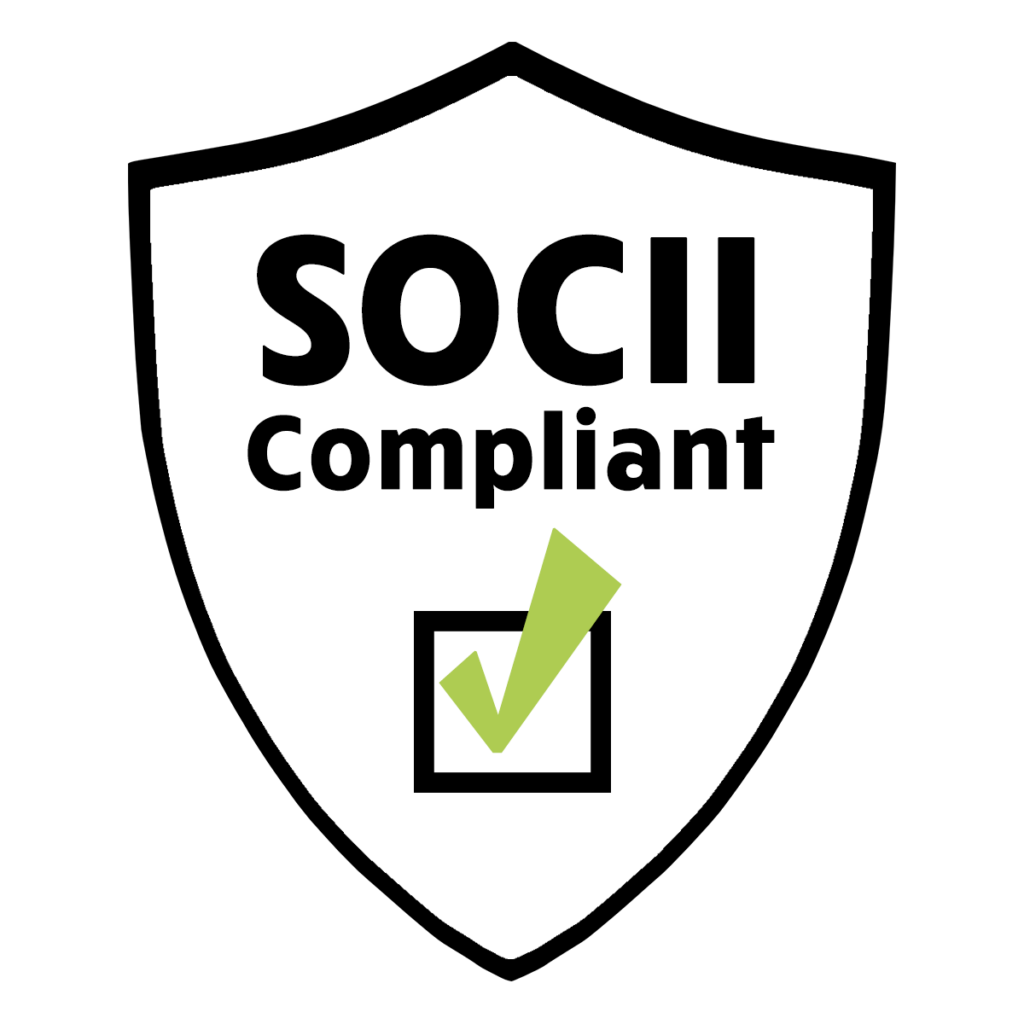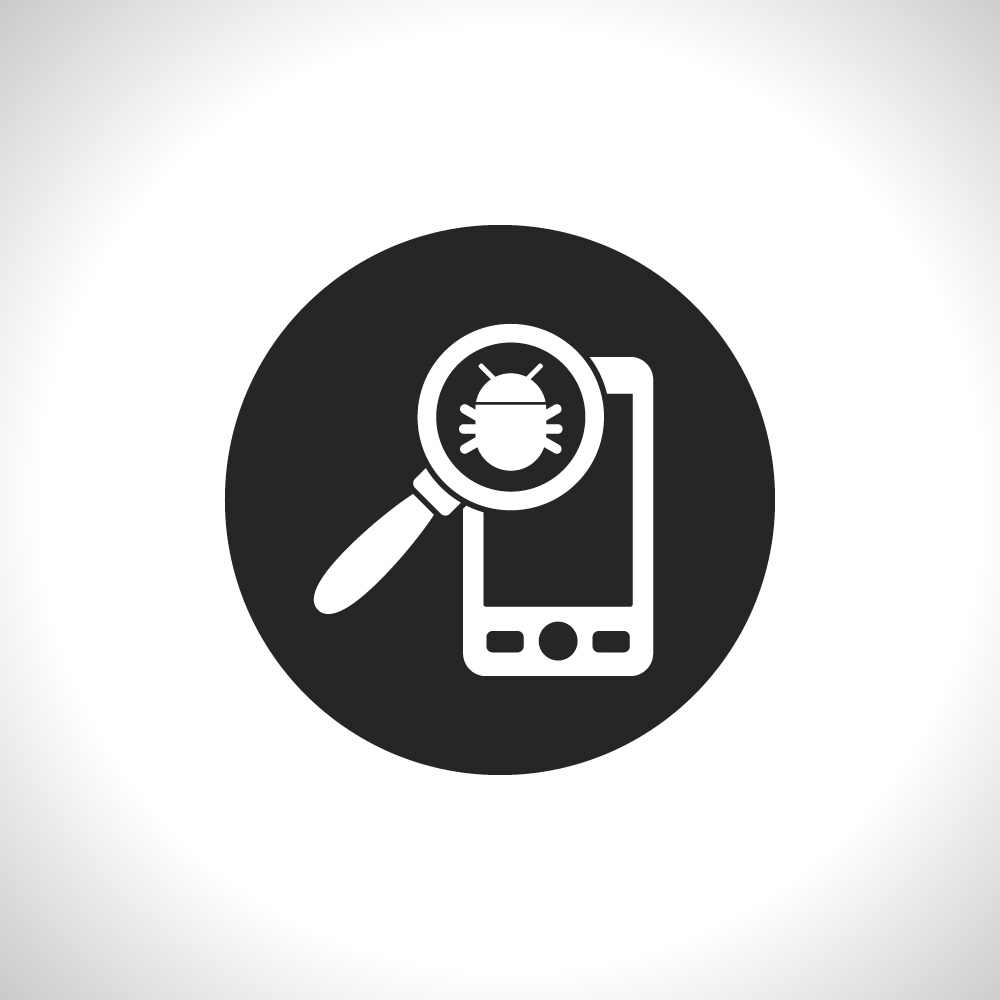Email is one of the most widely used communication tools in the world, but it is also the most vulnerable to cyberattacks. According to various reports, over 90% of cyberattacks begin with a phishing email, and 94% of security incidents with malware occur through the use of malicious emails. This means that email is the main channel used by hackers to infiltrate, compromise, and steal data from organizations and individuals.
Why Email is the Number One Attack Vector
Emails are an effective initial infection vector because almost every company uses email, and the average employee receives many emails. The sheer volume of emails means that an employee has only a short amount of time to devote to each one and may not be able to spot a malicious one. Cybercriminals take advantage of this in phishing attacks, which are designed to use social engineering to exploit human nature and the lack of tight security.
A phishing email is an email that pretends to be from a legitimate source, such as a bank, a vendor, a colleague, or a friend, and asks the recipient to take some action, such as clicking on a link, opening an attachment, or providing personal or financial information. The goal of a phishing email is to trick the recipient into giving away their credentials, installing malware on their device, or sending money to the attacker.
Phishing emails can be very convincing and sophisticated, using spoofed sender addresses, logos, signatures, and language that mimic the real ones. They can also target specific individuals or groups within an organization, such as executives, finance staff, or IT personnel, using information gathered from social media, websites, or previous breaches. This type of phishing is called spear phishing and is more likely to succeed than generic phishing.
Phishing emails are not only used to steal data or money, but also to launch other types of attacks, such as ransomware, business email compromise (BEC), or cyber espionage. Ransomware is a type of malware that encrypts the victim’s files and demands a ransom for their decryption. BEC is a scam that impersonates a high-level executive or a trusted partner and requests an urgent or unusual payment. Cyber espionage is the theft of sensitive or classified information for political or economic purposes.
How to Protect Yourself from Email Attacks
The best way to protect yourself from email attacks is to prevent them from reaching your inbox in the first place. This requires implementing robust email security solutions that can filter out spam, phishing, and malicious emails before they reach your users. Email security solutions should also provide visibility into account usage and access control for cloud-based email and document sharing services, such as Microsoft 365 or Google Workspace.
However, email security solutions are not enough if your users are not aware of the risks and best practices of email security. You should also educate your users on how to recognize and report suspicious emails, how to avoid clicking on links or opening attachments from unknown sources, how to verify the sender’s identity and authenticity, how to use strong passwords and multi-factor authentication, and how to backup their data regularly.
Email security is not only a technical issue but also a human one. By combining email security solutions with user awareness and training, you can reduce the chances of falling victim to email attacks and protect your data and reputation.
Email is the prime attack vector because it is easy, cheap, and effective for hackers to exploit human nature and the lack of tight security – particularly in the case of SMEs as they don’t always have the resources in place to protect themselves. Email attacks can cause serious damage to organizations and individuals in terms of data loss, financial loss, reputation loss, or legal liability. To protect yourself from email attacks, you need to implement email security solutions that can block malicious emails before they reach your users and educate your users on how to spot and avoid phishing emails and other threats. By doing so, you can enhance your email security and reduce your cyber risk.
Contact us at marketing@interface.ca to learn how we can help protect your email and educate your organization to prevent this from happening.



